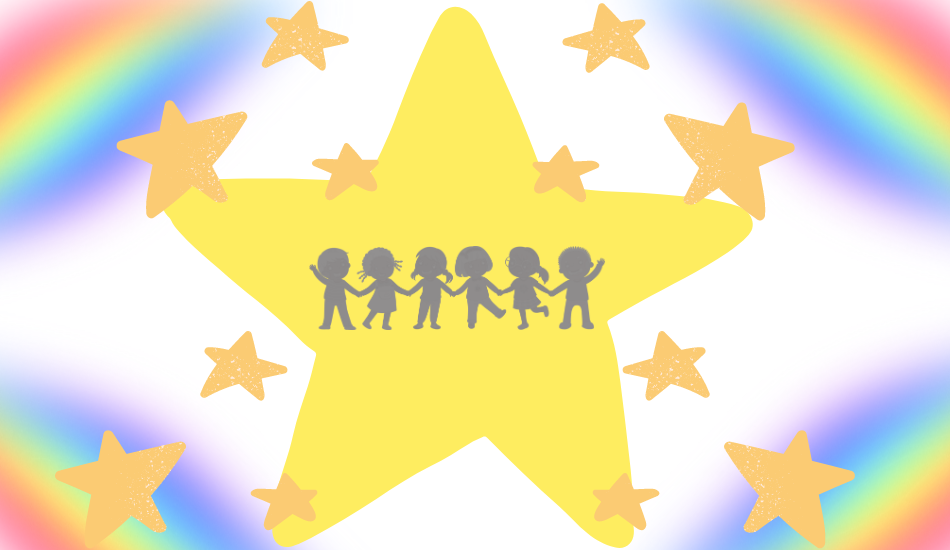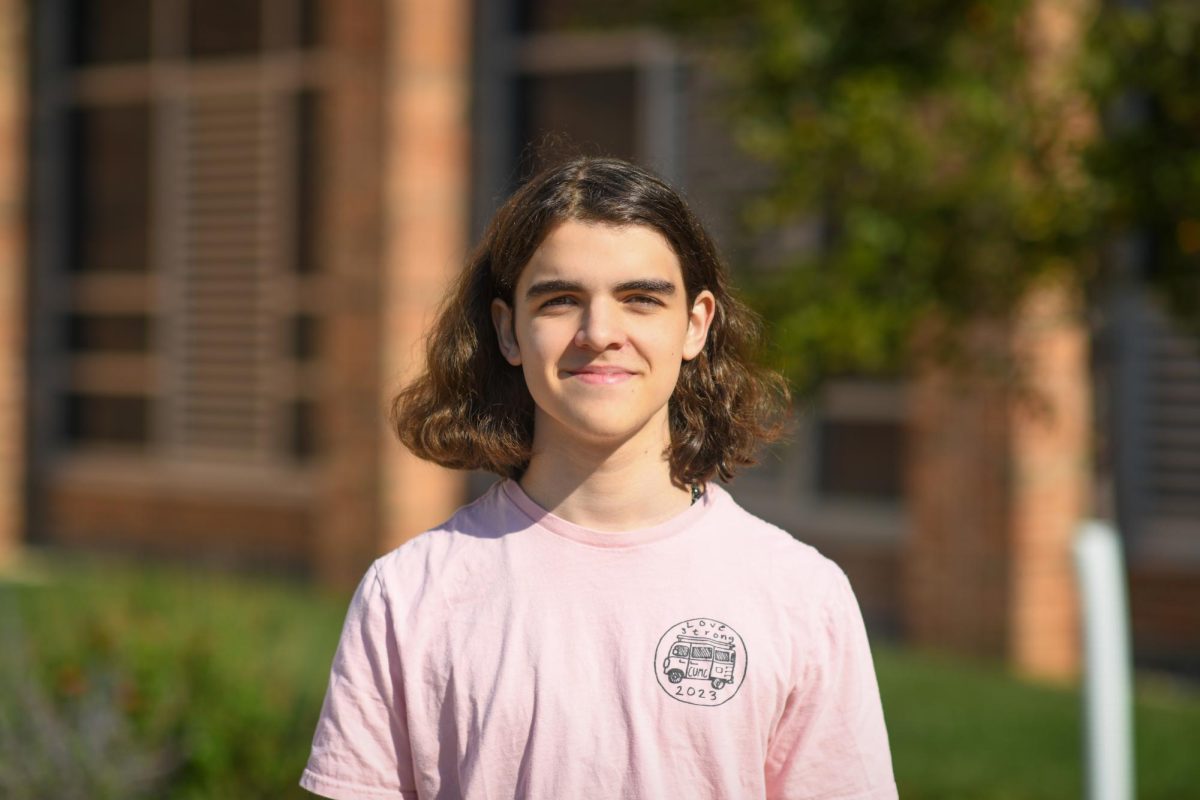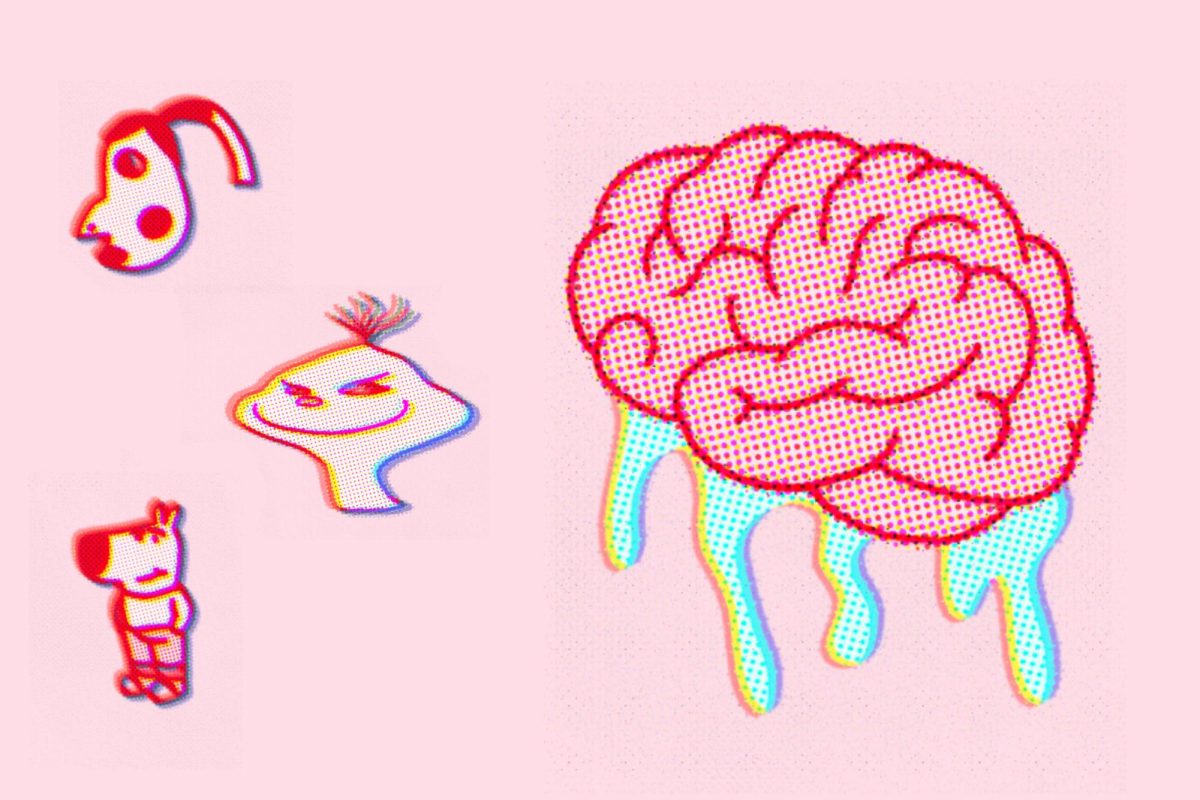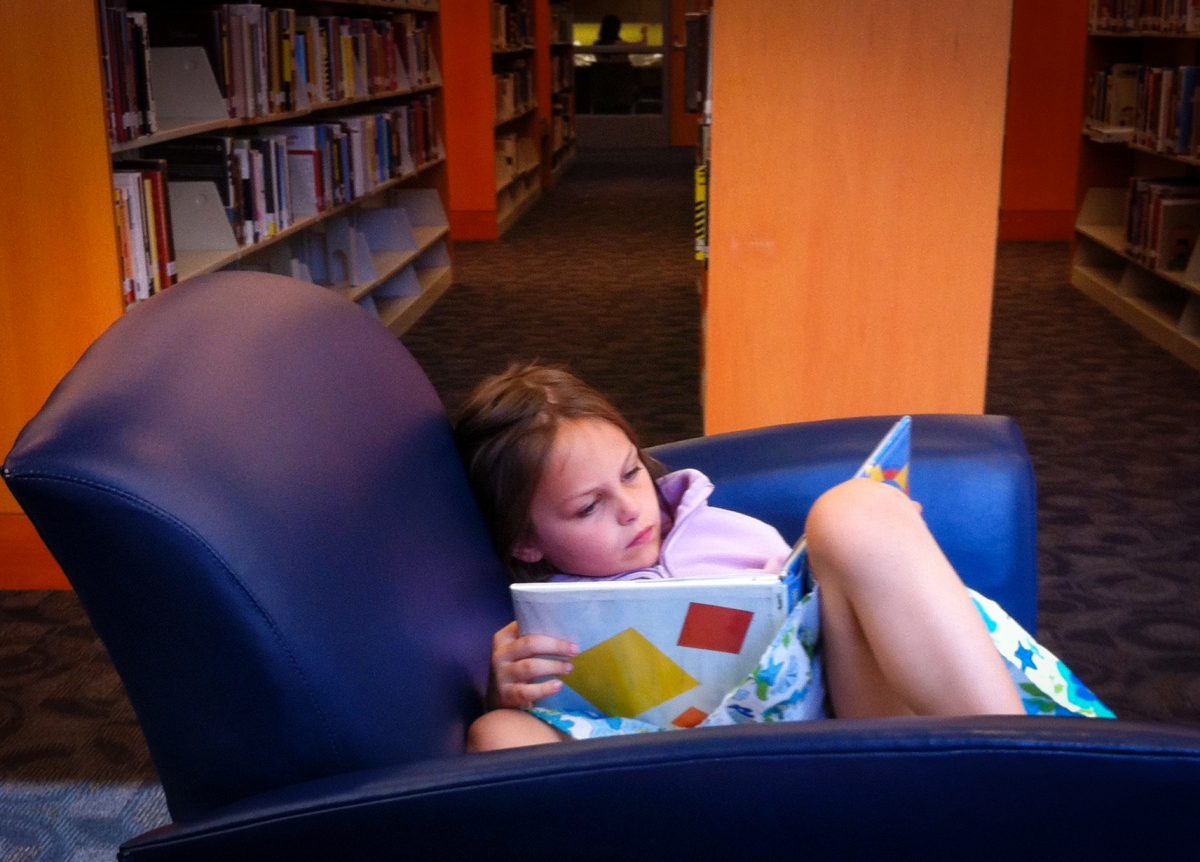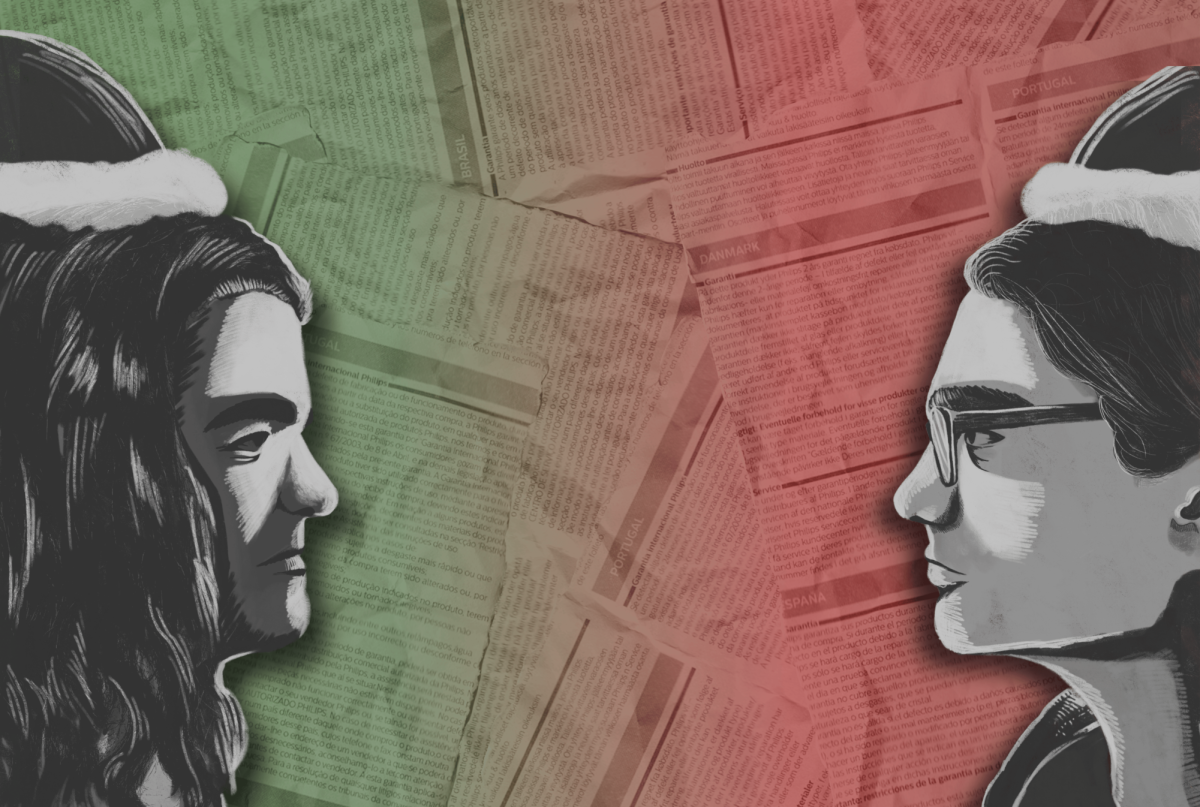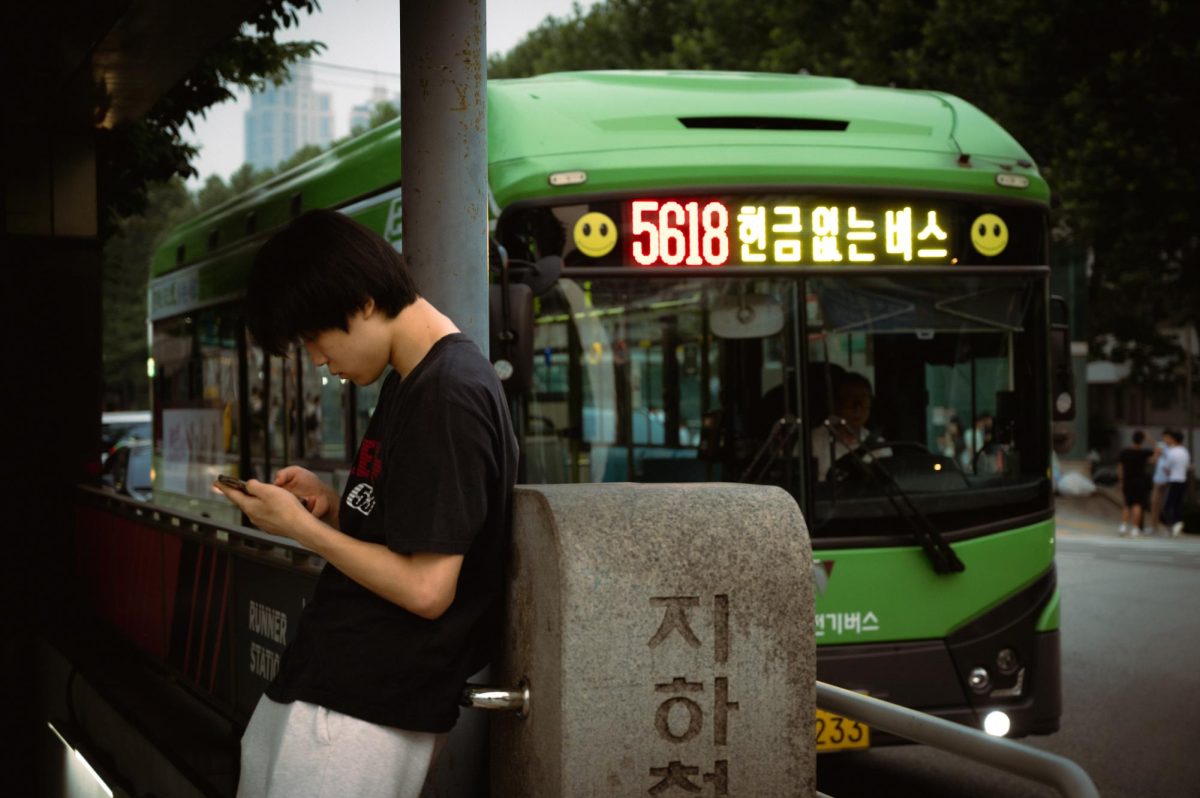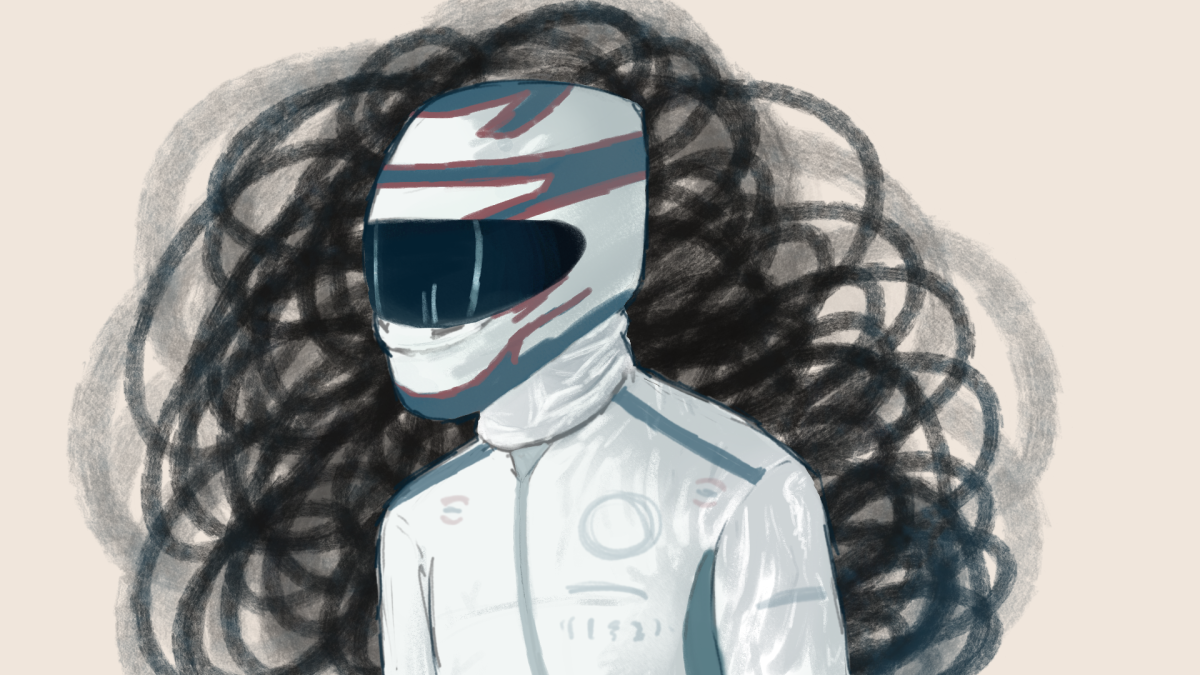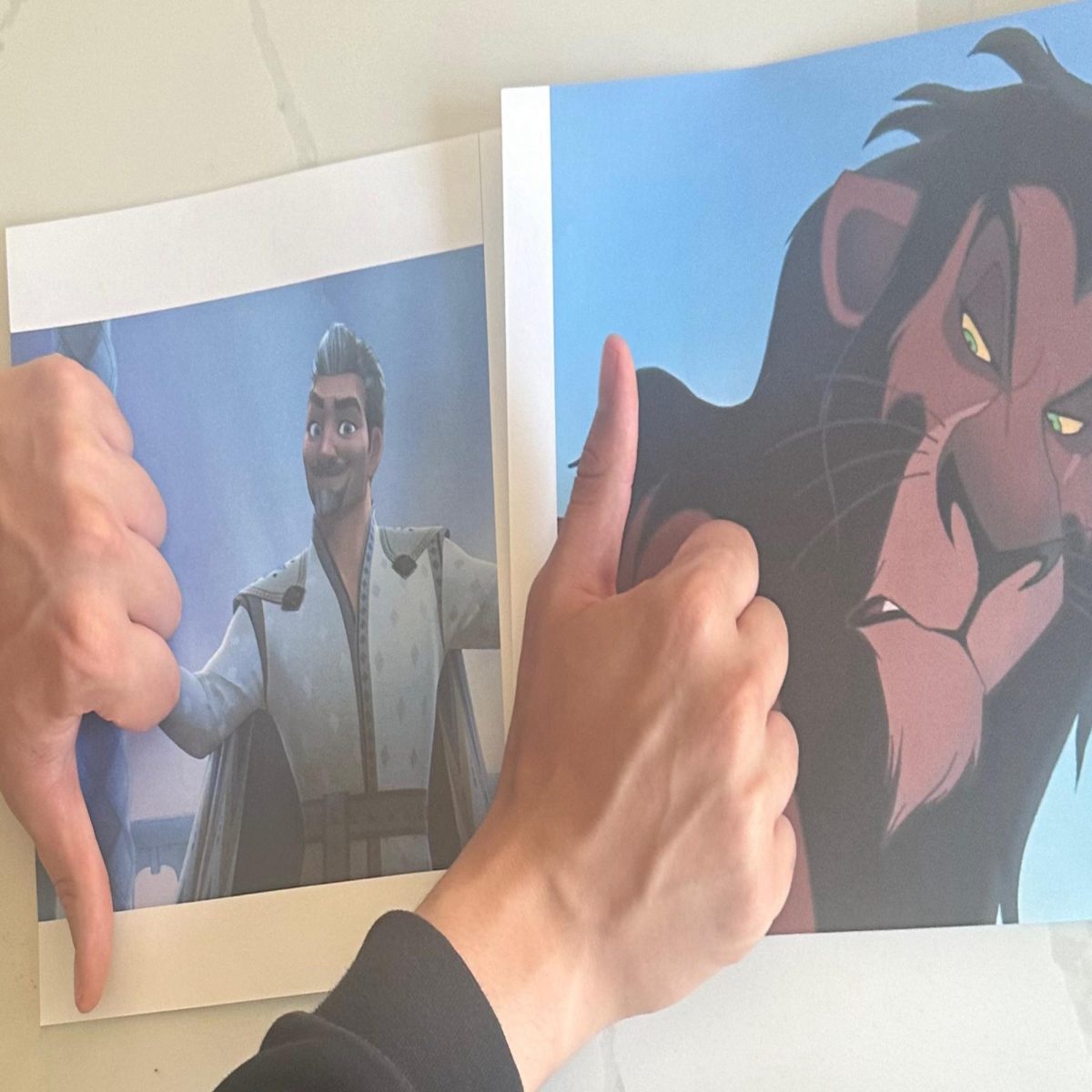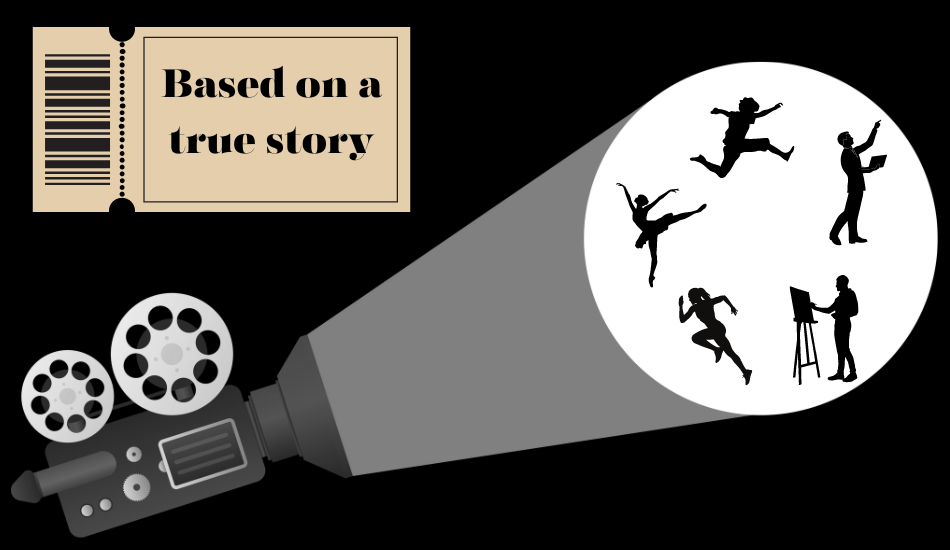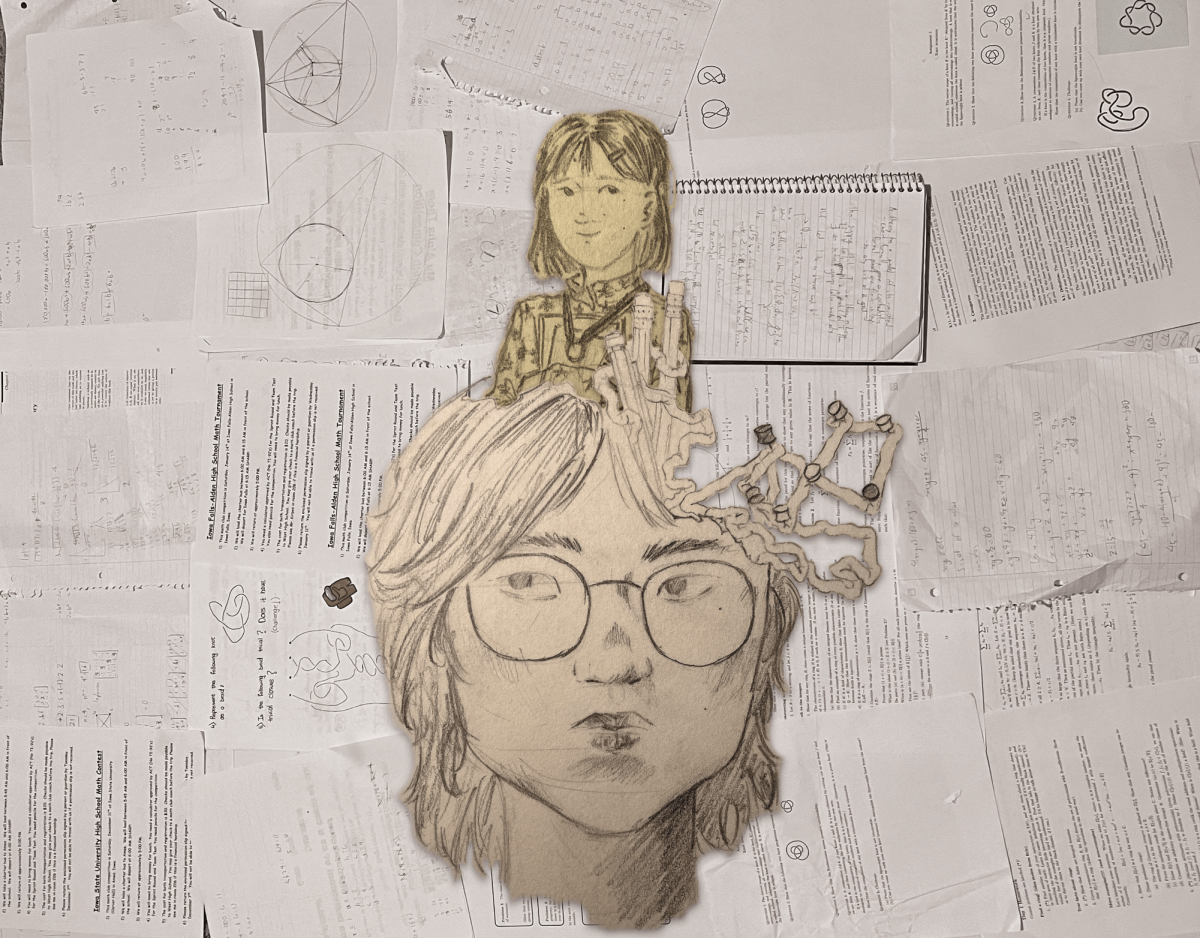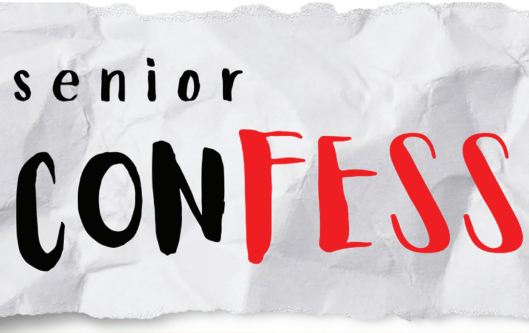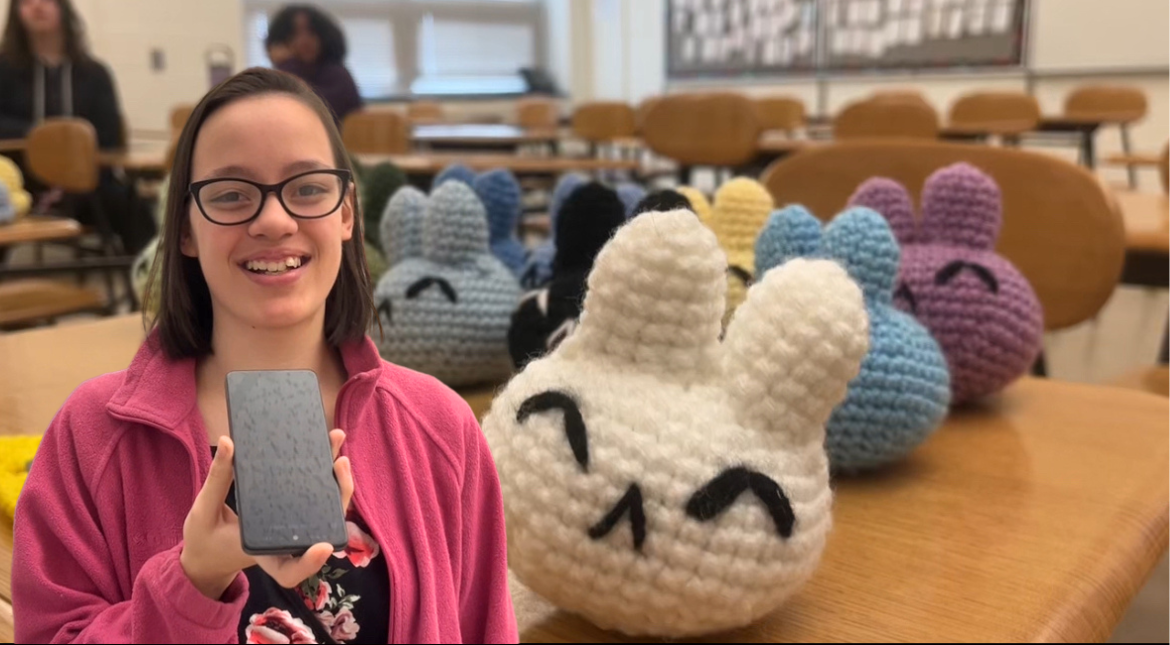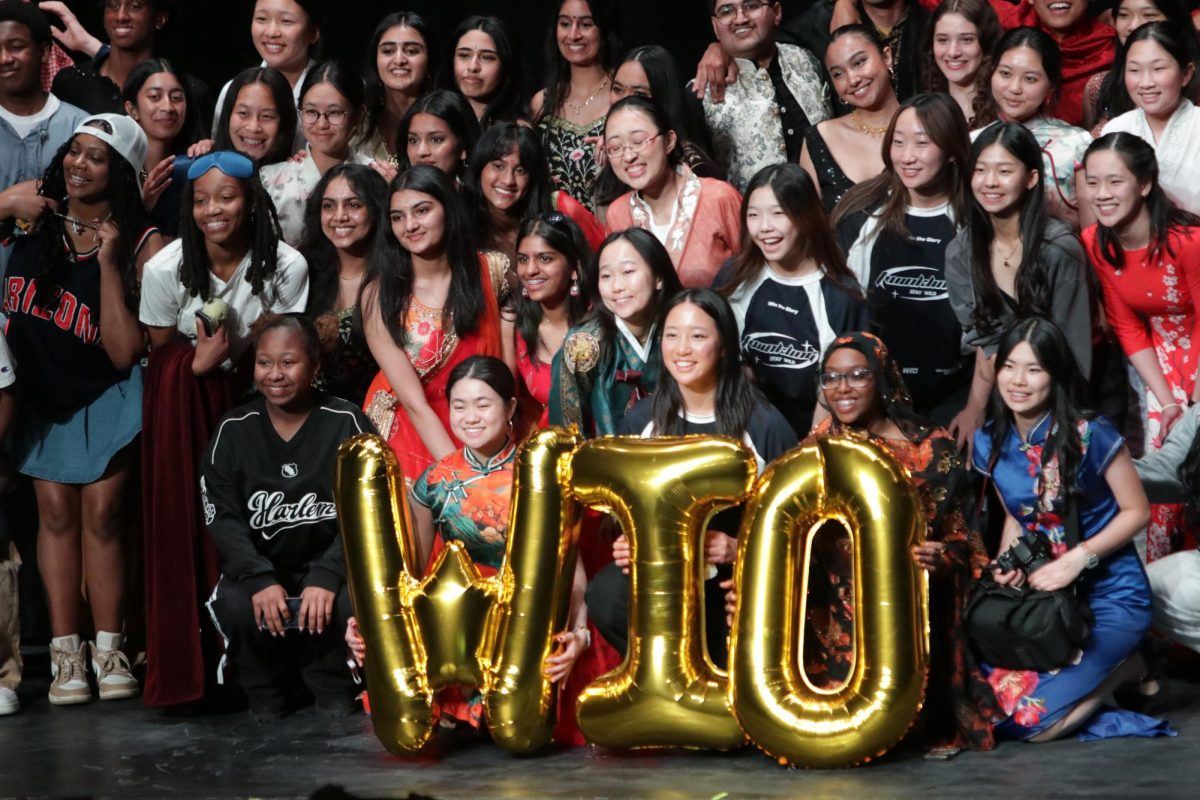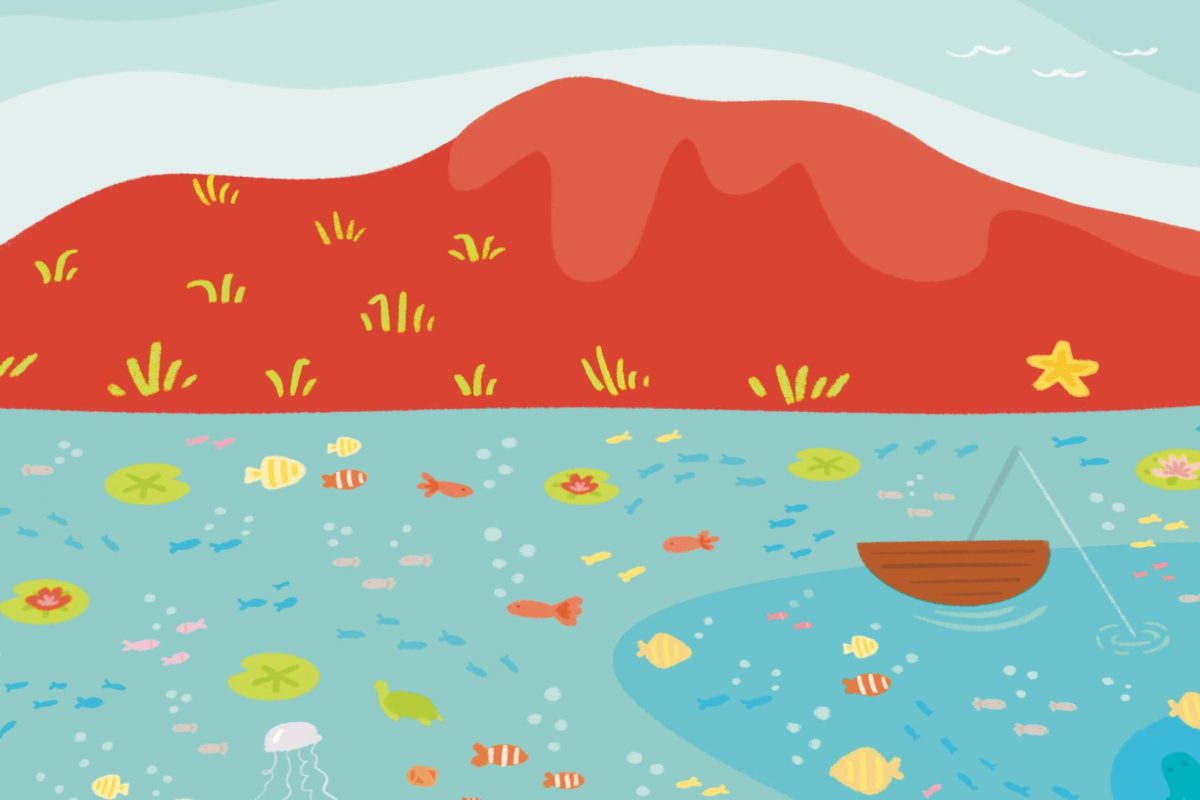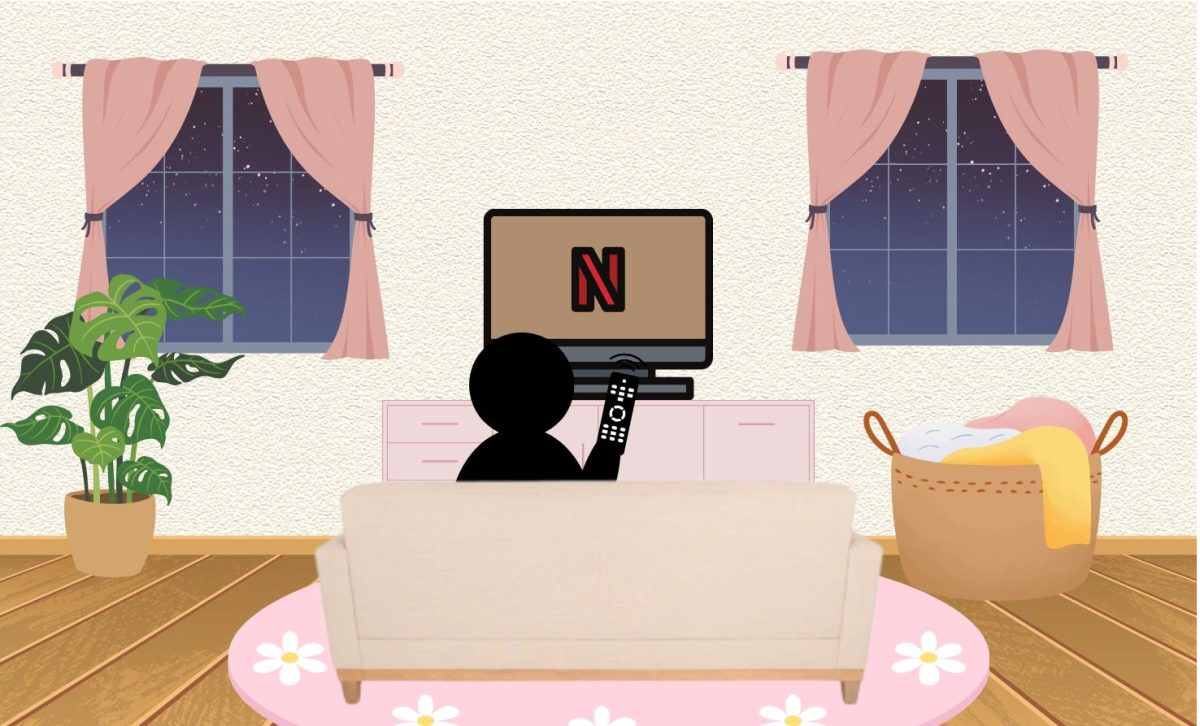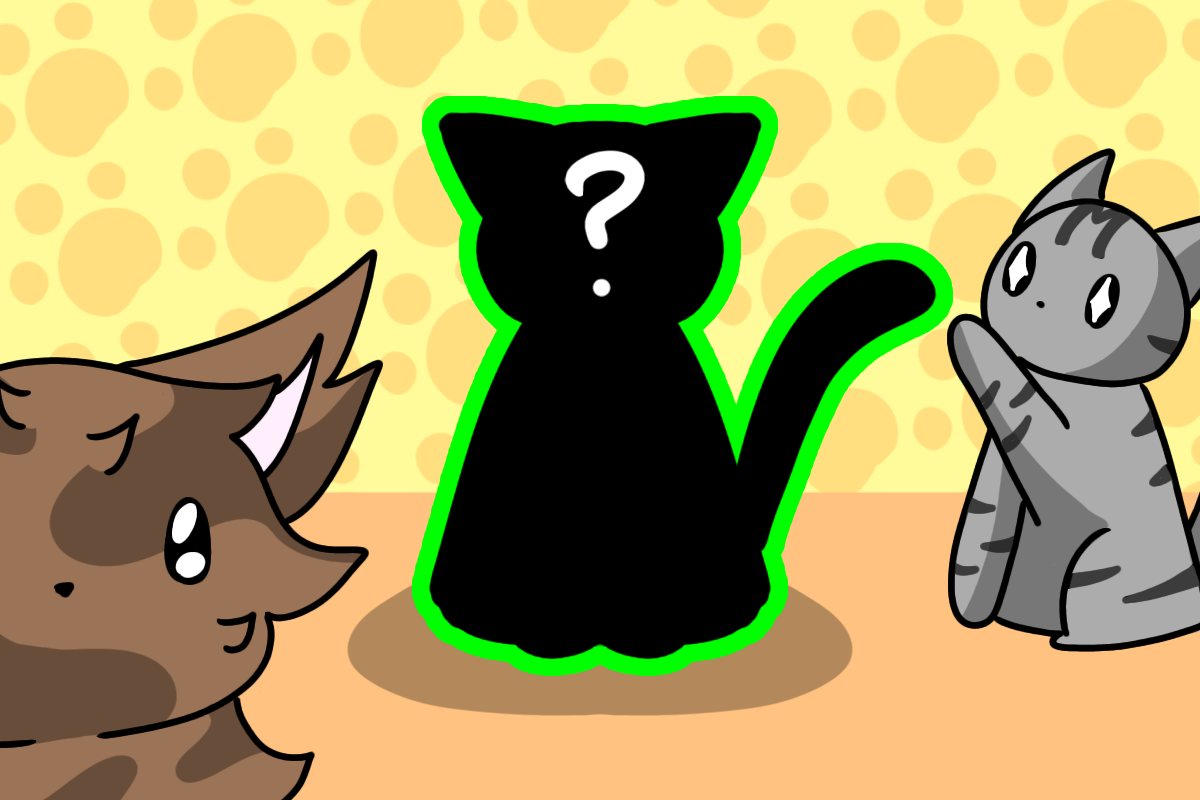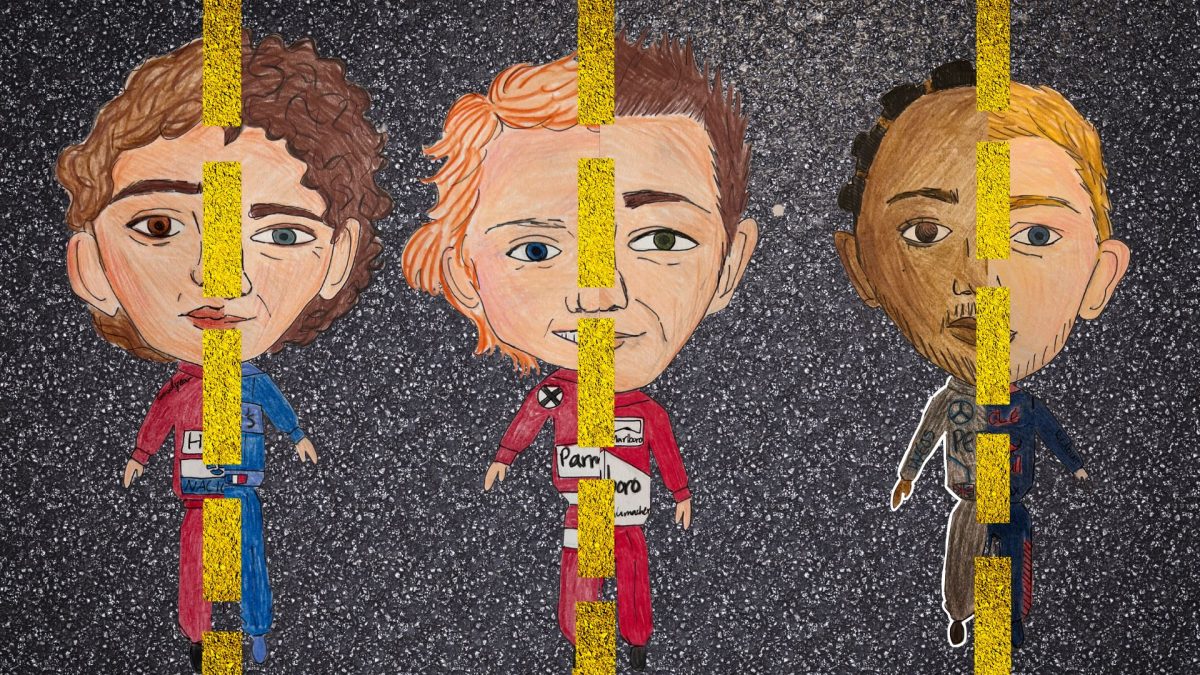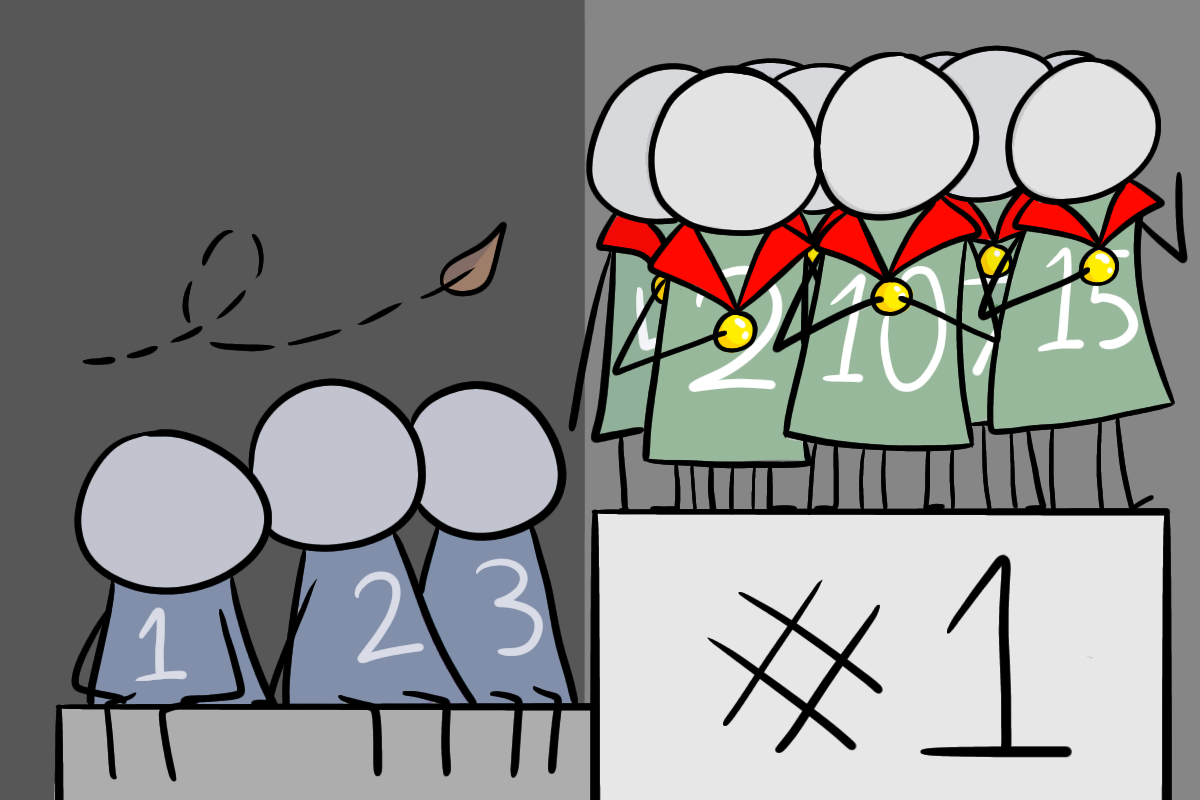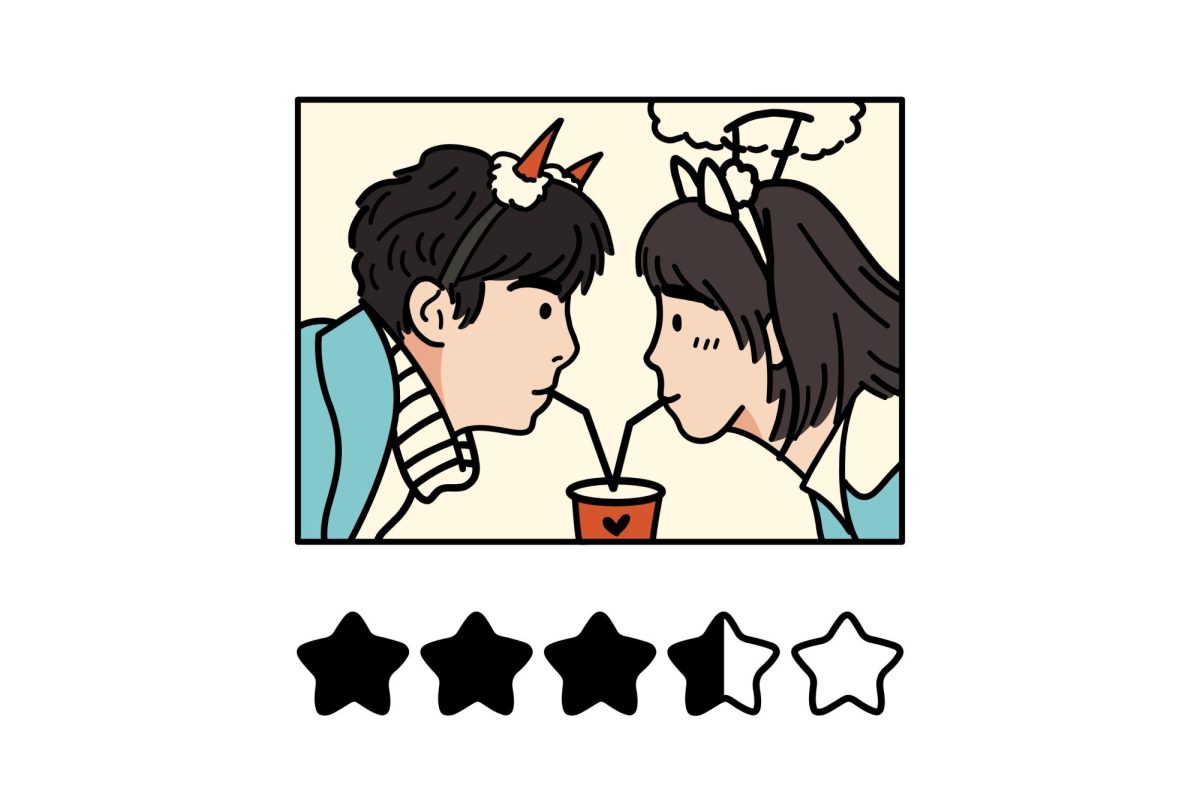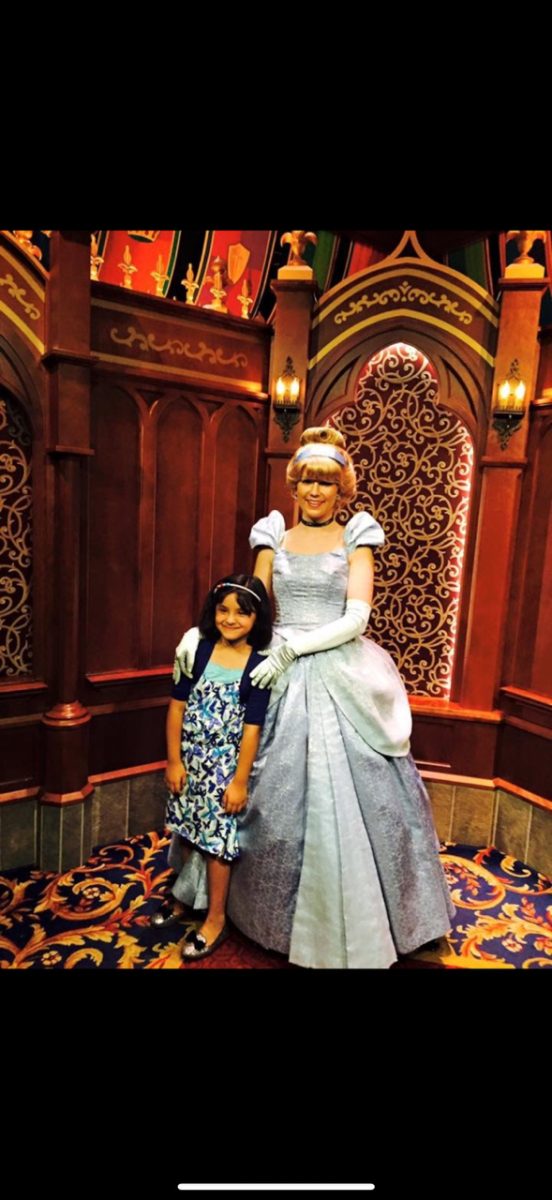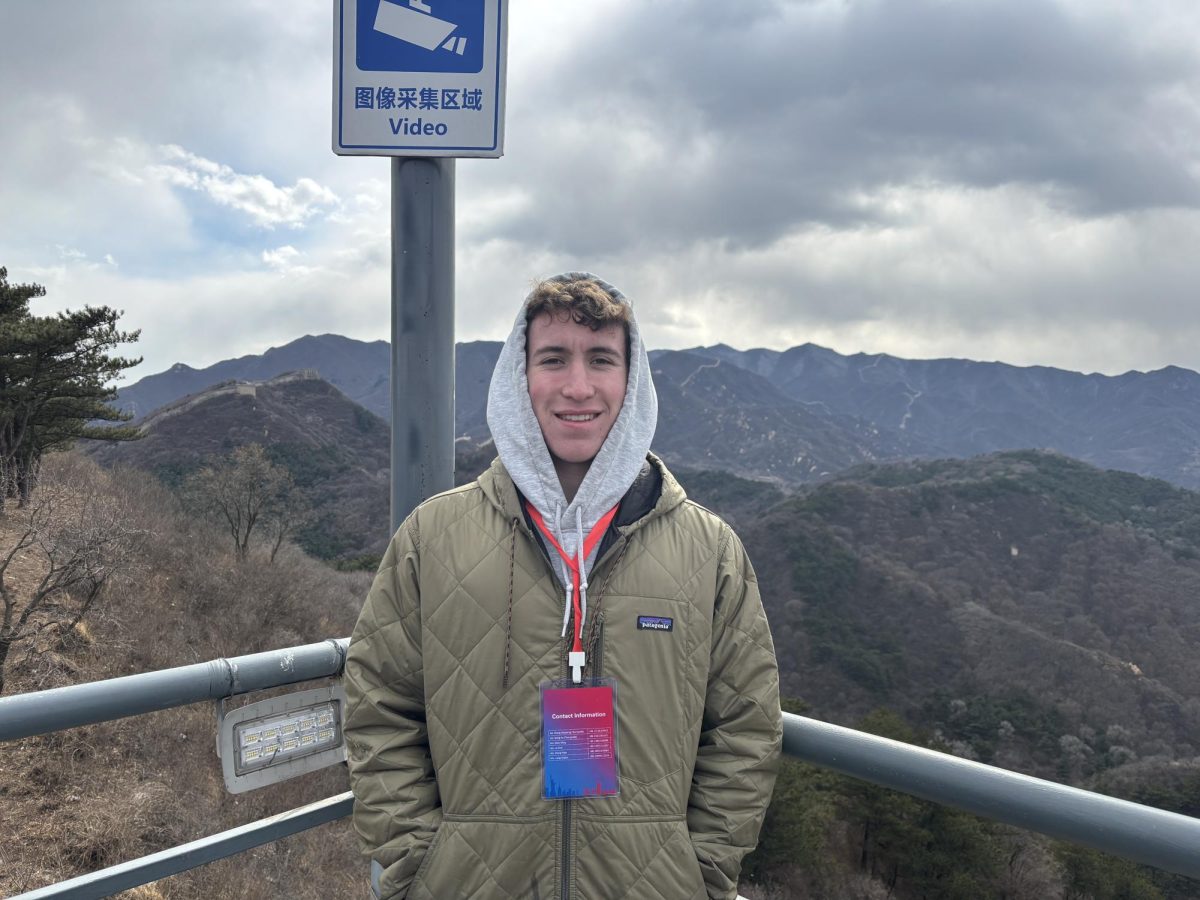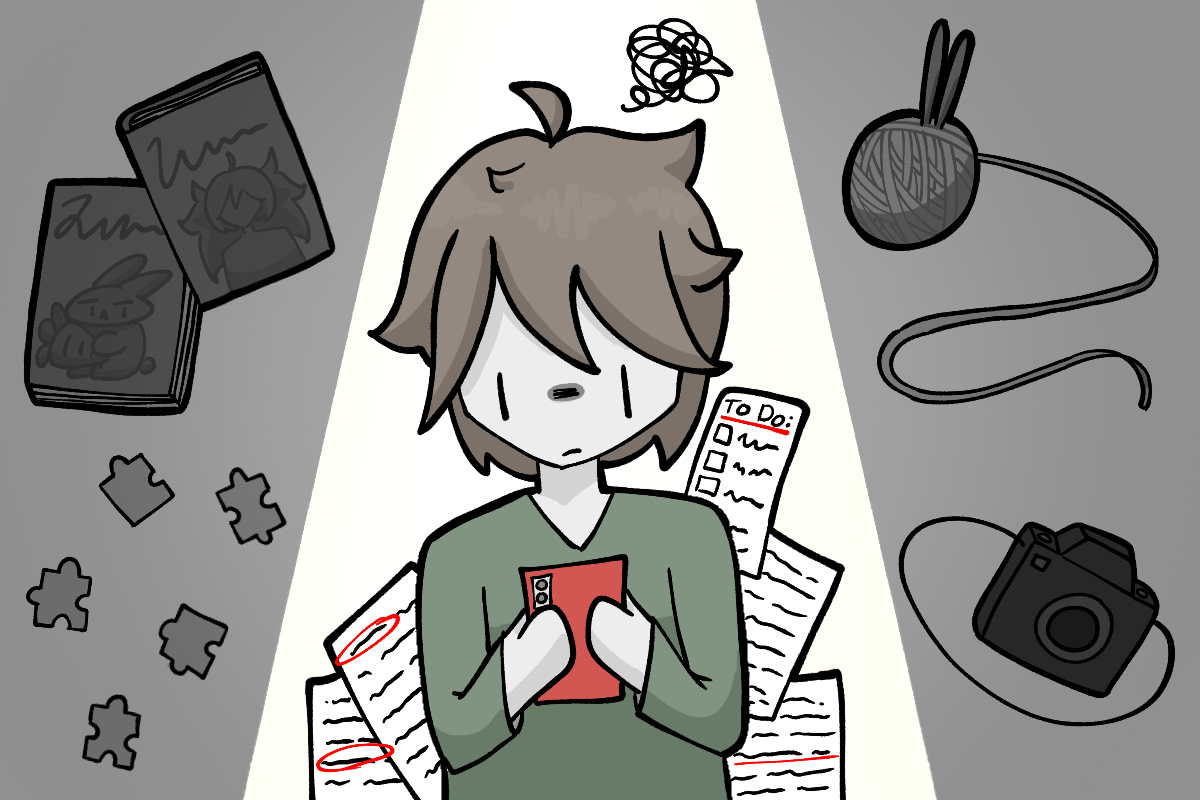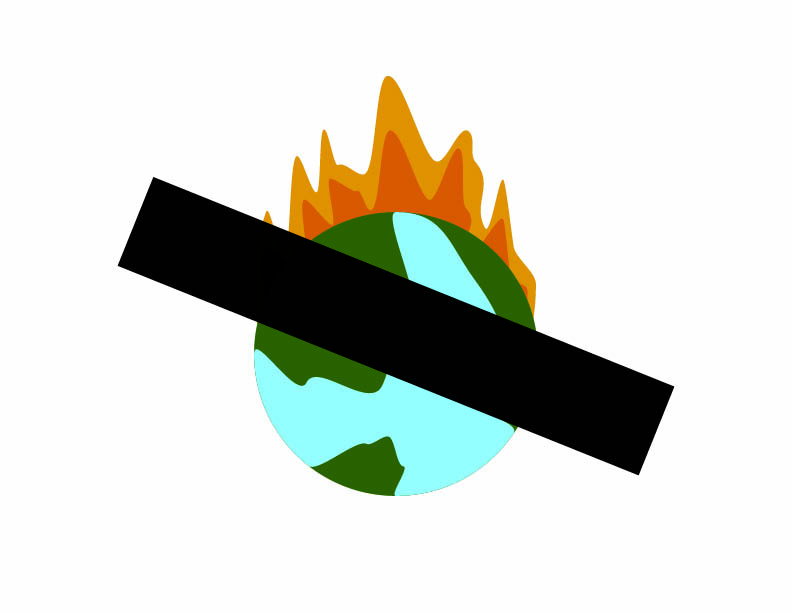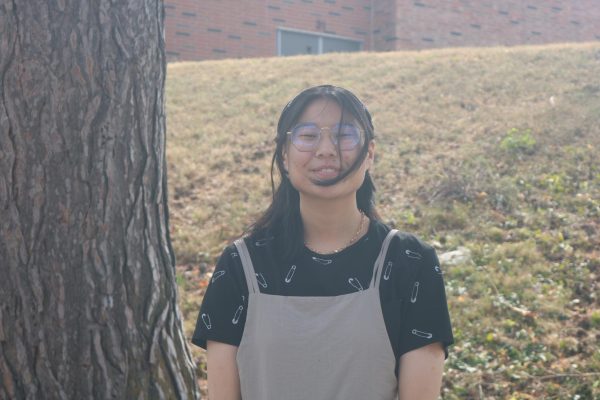We can all agree that it’s a bit messed up how, in young adult fantasy books, the “Chosen One” always happens to be just a kid, right? Like, this person has barely hit puberty, and they’re put through some pretty crazy stuff. Stuff that would traumatize a fully grown adult, much less a teenager. But if you asked me to choose between being the “Chosen One” and growing up as a child star, I’d ask you to pass me my sword and tell my parents (who are probably dead, let’s be honest) that I love them.
All this is to say it’s insane how child stars are legal. Whatever happened to labor laws? They say never to work with children or animals, but what we don’t realize is that it’s often for the sake of the children and animals. And unless they have their own show on Disney or Nickelodeon or whatever, child actors aren’t even considered actors — they’re props. They fill up space, and their sole purpose is to humanize the other adult actors or get them into ridiculous hijinks that get a couple of laughs.
And then what happens when those children grow up? They become respected, seasoned professionals in the entertainment industry? Not unless you’re Zendaya. Even cinema’s most iconic child actor, Shirley Temple, ended up leaving the industry at the ripe age of 22 because she sensed she was being edged out of Hollywood once she had lost her “youthful” appeal. They’re called the Lost Boys, not lost adults — Neverland has no place for the latter.
And in an almost perfect display of dramatic irony, this is exactly what happened to Bobby Driscoll, the original voice for Disney’s 1953 animated film, “Peter Pan.” He even inspired the character design. But after going through puberty and losing his “impish charm” to acne, Disney gave him the boot. His life quickly spiraled down from there, becoming a heroin addict and getting arrested for drug charges. Eventually, his body was discovered by a group of children, rotting on a cot surrounded by beer bottles in an abandoned house. He was only 31. But it’s not as though his childhood ended once Hollywood abandoned him; it’s that Hollywood stole his childhood from him in the first place.
Don’t get me wrong; there are a number of former child actors/singers who go on to lead well-adjusted, stable lives without a history of drug abuse, alcoholism, arrests or complicated dating history. I mean, the kid who played Charlie in “Willy Wonka and the Chocolate Factory” went on to become a veterinarian. And we all know how well Bridgit Medler is doing for herself. Heck, some child stars are even lucky enough to still be considerably famous once they’re adults. But these are the people who probably, to be frank, didn’t make a lot of headlines as a kid and, therefore, weren’t constantly left in the spotlight long enough to mess with their heads. Or maybe they had good parents who had the sense to shield their children from the Hollywood cesspool.
But I’m talking about child stars. The kids who peaked early, who got their pictures taken for Teen Vogue covers instead of school yearbooks, who went to award shows instead of field trips, who only ever played a kid for a role instead of ever being one. These are the people who get messed up later in life.
Most of the time, the former child stars who actually do manage to break out in Hollywood once they’re adults only accomplish so after going under the radar for a couple of years or so before making a comeback with a new breakout project. Before “Everything Everywhere All At Once,” Ke Huy Quan was working as both a stunt coordinator and assistant director since he couldn’t find any acting work despite his roles in “Indiana Jones” and “Goonies.”
The more difficult option, however, is having an extreme rebranding to their public image, take Miley Cyrus or Olivia Rodrigo, to which few can actually succeed. Which explains why “Dance Moms”-turned-pop-star Jojo Siwa, who’s mainly known for frills and bows, was probably so desperate to achieve the same thing, but her overcorrection with the fake tattoos and face paint instead resulted in the opposite effect and a lot of backlash. And while we like to make fun, it’s a rough transition for anyone who wishes to be treated as a professional after basically having their entire childhood broadcasted for the world to see. If everyone went through the same thing, cancel culture would be deemed obsolete.
In the end, the harsh reality a lot of former child stars face is being left behind by the spotlight and slowly fading from everyone’s memories. You don’t exactly think Macaulay Culkin beyond his roles in “Home Alone” or “My Girl.” But much like the transition from kid to adult, times are changing.
We are entering into a very awkward era where former child stars that we used to watch as kids are transitioning through adulthood like the rest of the millennials and Gen-Z. And while child star careers usually tend to go stagnant after they’ve passed their prime as young entertainers, the rise of social media has given them a new platform to turn to. It used to be that former child stars would silently step out of the spotlight, never to be heard from again — but in an age where anyone with a phone can broadcast their day-to-day lives, it’s become easier to keep the attention on you. Now, instead of being pushed to the side, former child stars can take to social media, start their own podcasts and channels, promote their brand, and spill some industry secrets.
“Quiet on Set: The Dark Side of Kids TV” is a big deal since it exposes just how much child stars are put through behind the scenes. The docuseries sheds a harsh light on the numerous issues that occur on the early road to stardom. To clarify, the problem isn’t with allowing children to act but inviting them into this toxic environment with little to no protection, particularly in regard to their mental health. Self-esteem issues, burnout, and eating disorders are all the result of former child stars never receiving proper care in the workplace. Jenette McCurdy’s haunting memoir, “I’m Glad My Mom Died,” showcases these struggles and how difficult recovery can be, especially when it doesn’t promise a stable career in the future.
There’s been a recent trend where more and more former child stars are coming out and sharing their personal experiences of the kind of terrible treatment they faced in Hollywood. These problems have been around for years, with very little pushback from the masses who only care about receiving their entertainment. It’s only now that these former child stars are using their platforms to help spread the word that the public has been calling for more protections to break this cycle of abuse. And we can only hope this trend continues until we can completely prevent more lost children from being trapped in Neverland.



